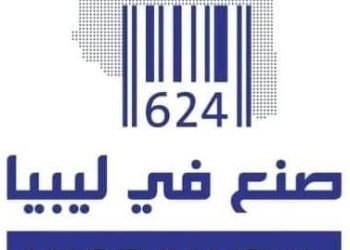Almost a year after its last share trade, Libya’s stock market is preparing to re-open with a pipeline of five Initial . . .[restrict]Public Offerings (IPOs).
With linked boards in Benghazi and Tripoli, the exchange closed last February with a total market capitalisation of just under LD4 billion ($3.1 billion) for the 12 companies which it lists, as along with its own shares.
There had been hopes, as early as last November, that the Benghazi part of the exchange could resume operations within days. However the high-backed brown plastic chairs at which the traders used to sit remained unoccupied.
Established in 2006, the exchange was far from being the vibrant financial centre Gaddafi’s regime envisaged. In January 2011, its last full month of operations, there were 991 transactions valued at a total of LD 14.1 million ($11.4 million). Most stocks were closely held, with the result that even small trades could produce disproportionate price movements. The last figures show that the exchange rose 9.7 percent in the days before the revolution erupted, leaving the index standing at 1,480 points. The official figures recorded an average price/earnings ratio of 16.7 percent but a paltry dividend yield of 0.06 percent.
There are no listings for either corporate bonds nor Libyan government paper.
Among the shares listed are the National Mills and Fodder Company, the United Insurance Company, Wahda Bank, Jumhiriya Bank, the Libyan Insurance Company, Sahari Bank and the Hay Alandalus Domestic Bank.
Announcing the imminent re-opening of the market, the exchange’s general manager Ahmed Karoud told Reuters that some of the listed companies might not be able to return to the board immediately, because, largely as a result of the conflict, they had failed to file the 2011 accounts. He estimated that seven stocks would be trading by the end of March.
Karoud said that among the IPOs that were expected at some point this year would be the country’s two mobile operators, Al-Madar and Libyana, for which listing plans were already underway before the revolution.
The other three new stocks are likely to be investment funds: “The Libya Reconstruction Fund will be the first to be listed and will float in June” said Karoud.” Its capital will be around LD500 million and the fund will be for five years”. A second fund, likely to seek to raise no more than LD 250 million, will operate under Sharia finance principles.
Further away, said Karoud were IPOs from oil and construction companies.
Until now, officials admit, foreign investment in the Libyan stock market has been virtually non-existent. The main problem, they concede, is that there have never been transparent regulations that would enable overseas investors to take funds out of the country.
In 2007, the exchange set up a link with the London Stock Exchange to help it foster foreign interest but the initiative came to nothing. More promising tie ups still stand with the Cairo and Amman stock exchanges.
[/restrict]








